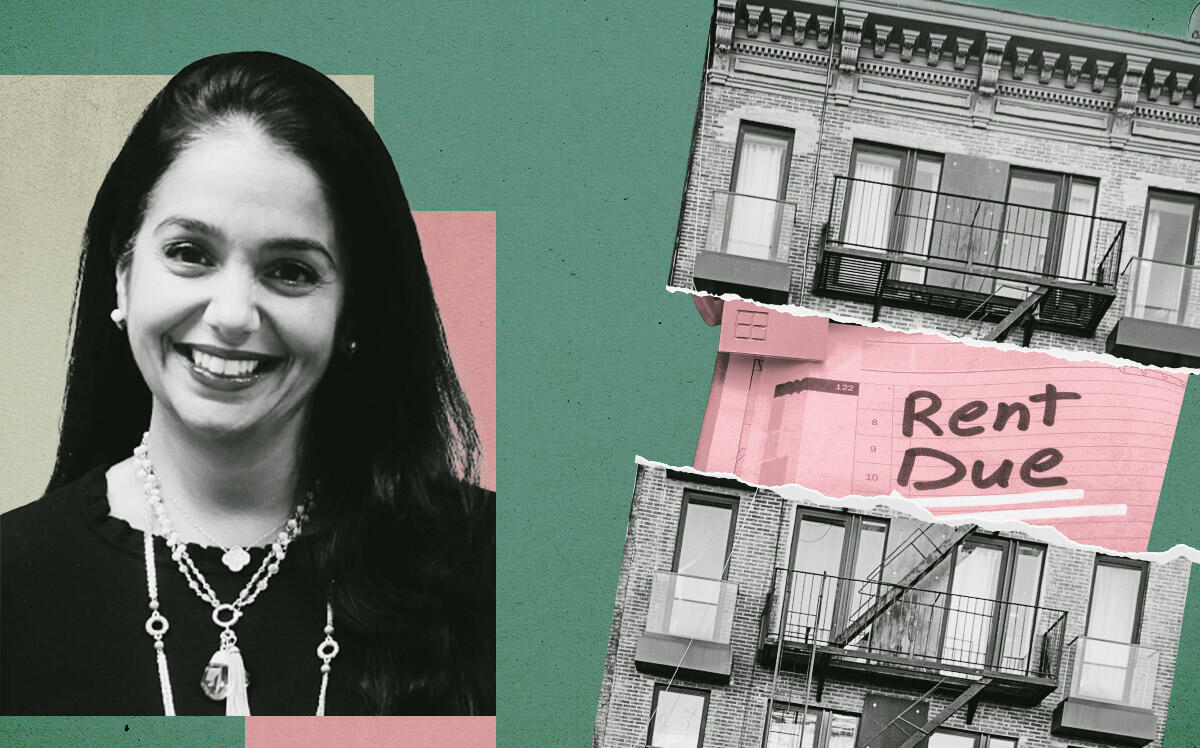The New York City Housing Authority is on the brink of “disaster,” according to its interim chief executive officer, because of a massive shortfall in rent collection.
The authority collected only 65 percent of the rent it charged in the 12 months leading up to December, the New York Times reported. That’s the lowest percentage in its history and has led to a nearly $500 million shortfall. One-third of its operating budget comes from rent.
“Without money, we can’t do anything else,” said interim CEO Lisa Bova-Hiatt. “We can’t fund the much needed repairs. We can’t handle emergencies.”
The problem stemmed not just from tenants losing work during the pandemic but from government initiatives that led people to withhold rent.
“Some folks got misinformed that they didn’t have to pay; there would be emergency funding available and they wouldn’t have to pay,” Tim Kaiser, the executive director of the Public Housing Authorities Directors Association, told the Times. “I think in other instances, the eviction moratorium kind of served as a protection in the minds of some, that they would not be evicted, and therefore they would not pay their rent.”
New York state’s Emergency Rental Assistance Program only helped tenants who owed rent, so some stopped paying in order to qualify. The program also provided temporary eviction protection to applicants, even if they got no aid — which was the case for all NYCHA residents, because the program gave them low priority and then ran out of money.
Another factor is that the agency has become more lenient in collecting overdue rent. Last year it largely stopped suing tenants for arrears, a lawyer for tenants told the Times.
Rent adjustments are also piling up at the authority, which typically caps rent at 30 percent of a household’s income. From 2019 to 2021, there were 500,000 requests for rent adjustments. That amounts to roughly three per apartment.
The authority says it has 370,000 tenants, but the actual count has been estimated at 500,000 or more, based on the volume of garbage it generates. Many residents are not listed on leases.
With NYCHA short on funds to fix elevators, roofs and leaks, some tenants might withhold rent, triggering a vicious cycle. NYCHA has been pulling on its reserves, but those are nearly drained and can’t even cover one month of expenses.
The authority, which normally garners $1 billion in rent each year, has made two key changes to come up with the $40 billion it needs to return apartments to good condition. It is moving as many developments as it can from Section 9 to the more reliable rent subsidy Section 8 and bringing in private developers to fix them up and take over management; and it created a public trust to tap more federal funding and speed procurement for repairs.
Those efforts are advancing, but in the meantime, rent arrears are contributing to NYCHA’s failure to comply with a 2019 court agreement to repair buildings. The deal includes deadlines to fix boilers and elevators and eliminate toxic mold, vermin and poisonous lead paint.
Of the 108 elevators needing to be replaced by the end of last year, NYCHA replaced eight.
— Holden Walter-Warner
